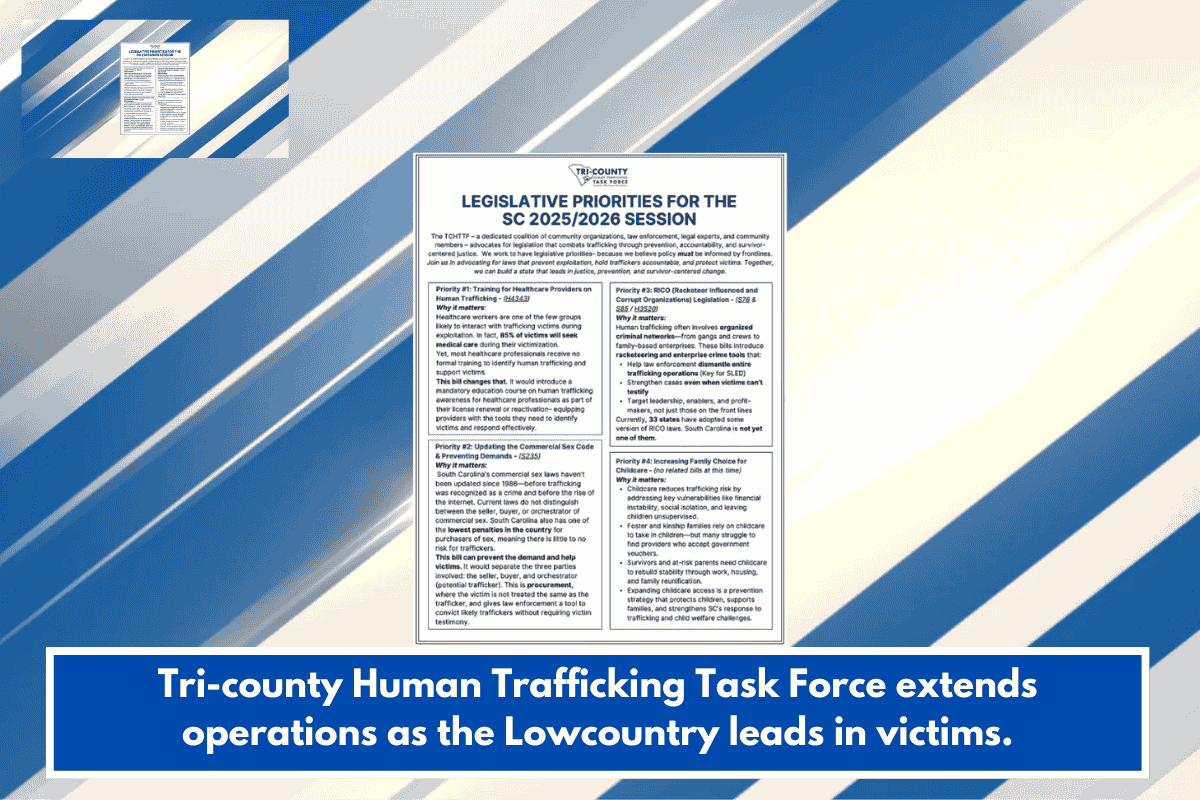West Virginia’s Stand Your Ground law provides individuals with broad legal protections when using force—including deadly force—in self-defense, and removes the traditional legal requirement to retreat from a threat before defending oneself, so long as the person is in a place where they have a legal right to be.
Key Elements of West Virginia’s Stand Your Ground Law
- No Duty to Retreat:
- Under West Virginia law, there is no obligation to retreat before using deadly force in self-defense, whether in public or in your home, as long as you are lawfully present in that location.
- This stands in contrast to some states where a person must attempt to retreat if it is safe to do so before resorting to deadly force.
- Castle Doctrine:
- Even before Stand Your Ground, West Virginia law recognized the Castle Doctrine, which allows a lawful occupant of a home or residence to use reasonable and proportionate force, including deadly force, to protect themselves against an intruder.
- Legal Right to Be Present:
- The law applies in any place where the individual has a legal right to be, not just in their home.
- Reasonable Belief of Imminent Threat:
- The use of force, including deadly force, is justified if the individual reasonably believes it is necessary to prevent imminent death, serious bodily injury, or certain violent crimes such as kidnapping or sexual assault.
- Immunity from Prosecution:
- If a person lawfully uses force under these circumstances, they are generally immune from criminal prosecution and civil liability for their actions.
- Public Spaces:
- The law extends beyond the home, meaning individuals can stand their ground in public places without first attempting to retreat.
Comparison: Stand Your Ground vs. Duty to Retreat
| Feature | Stand Your Ground (WV) | Duty to Retreat States |
|---|---|---|
| Must retreat before force? | No | Yes, if safe to do so |
| Applies in home? | Yes | Yes (Castle Doctrine applies) |
| Applies in public? | Yes | No |
Additional Notes
- Campus Carry:
- West Virginia also has the Campus Self-Defense Act, which allows licensed individuals to carry concealed firearms on college campuses, subject to certain restrictions.
- Legal Context:
- Stand Your Ground laws are intended to protect individuals who act in self-defense, but the use of force must still be reasonable and necessary given the circumstances.
- Criticisms and Impacts:
- Some research suggests Stand Your Ground laws may be associated with increases in firearm-related homicides.
West Virginia’s Stand Your Ground law removes the duty to retreat before using force in self-defense, whether at home or in public, so long as the individual is lawfully present. The law is intended to protect those who act in reasonable self-defense, but the use of force must be justified by an imminent threat of serious harm or certain violent crimes.
Sources:
- https://code.wvlegislature.gov/55-7-22/
- https://giffords.org/lawcenter/state-laws/stand-your-ground-in-west-virginia/
- https://en.wikipedia.org/wiki/Stand-your-ground_law
- https://www.ncsl.org/civil-and-criminal-justice/self-defense-and-stand-your-ground














